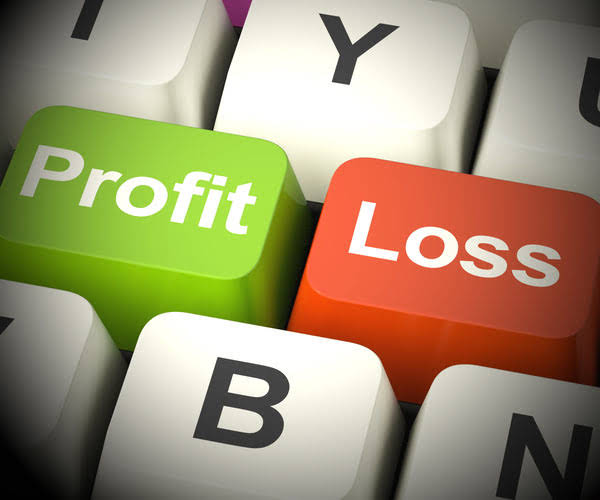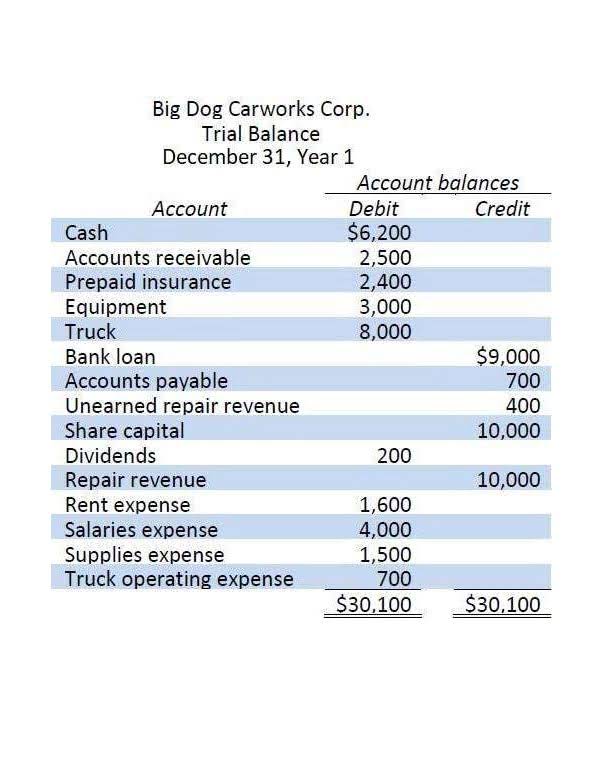
Performing a cash flow forecast (where you estimate cash coming in and out based on previous performance) will help you anticipate and plan for any shortages and surpluses and adjust as needed. Read our recent blog posts on all things startup, accounting and finance. If you are going to be acquired by a publicly-traded company for hundreds of millions or billions, GAAP will be important. It also makes running your business a lot easier because you are going to see what is going on all the time. Yes, venture-backed high-growth businesses should have as close to GAAP financials as possible. A report virtual accountant called Profit and Loss is created to show a business entity’s net income or loss in that particular accounting period.
Everything to Run Your Business
Series B funding typically comes in when the startup hits a growth plateau and needs to scale its offering and resources to meet customer demand. With the help of advanced financial modeling tools, your accountant can determine where your profit centers are and relieve financial pressure points in your budget. With an organization as fast-moving as a startup, it’s important to plan for all contingencies, and your accountant should help you do that with a proper financial model. Now we know there are various aspects to the trajectory of a startup that require unique accounting needs. Because accounting services for startups of this, eCommerce startup businesses will need software integrations to unify the transactional data coming from multiple channels. While an accountant usually won’t be able to engineer these integrations themselves, they can walk you through the available solutions and help you choose a consultant to deploy them.
- The best choice for your startup depends on factors like your size, industry, and growth plans.
- While cash basis accounting might seem simpler in the early stages, accrual accounting offers a more accurate view of your finances and can be beneficial for tax planning.
- For instance, the federal Research and Development (R&D) Tax Credit is available to startups investing in new product development.
- Liabilities represent debts that you owe like mortgages, short term debts, and income taxes.
- Start by setting aside a tax fund – a percentage of your income to cover what you owe.
- If you’re unsure where to start, consider exploring FinOptimal’s resources on financial management and automation.
Underestimating tax obligations

You need a startup accounting expert to support you through processes like this. However, if you want to take a stab at your accounting, read on to see tech startup accounting tips that you can follow. We’ve included everything from why and how to budget, to free financial model templates, to record keeping, to taxes and more … We like to call it the ultimate guide to startup accounting. The bookkeeping process involves keeping track of business transactions and making specific entries. Accounting systems and bookkeeping software like FreshBooks have a chart that lists all your accounts payable and their categories. For example, you can post all sales to income accounts and cash outflows to expense accounts.
Ignoring bookkeeping
Under IRC Section 162, ordinary and necessary business expenses are deductible, affecting taxable income and cash flow management. Additionally, understanding fixed costs, like lease payments, and variable costs, such as raw materials, is essential for break-even analysis. This helps entrepreneurs determine the sales volume needed to cover all expenses. In SaaS, income is generated from subscriptions rather than one-off sales. Because of this, deferred revenue components must be included in your income statement and financial reports to boost your profile with investors or banks. This requires accrual basis accounting rather than simple cash basis accounting.
- These statements can give you more details about the financial health and performance of your startup.
- Monitoring it closely helps you anticipate potential shortfalls and make informed decisions about expenses.
- Now we know there are various aspects to the trajectory of a startup that require unique accounting needs.
- An accountant familiar with your industry will help you pay the least amount of taxes possible and protect you from the IRS limelight.
- Unlike a small business, startups rarely focus marketing efforts on a specific geographic area and will not be bound to a single location.

Schedule regular reviews—monthly or quarterly—to monitor trends, manage cash flow, and make informed decisions. This consistent monitoring allows you to catch any discrepancies, adjust your strategies, and ensure income summary you’re on track to meet your financial goals. FinOptimal’s Accruer software can provide automated reporting and deeper insights. Cash basis accounting involves recording revenue when cash is received for a sale and expenses when they are paid.

They can also help you determine the right accounting method—cash basis or accrual basis—which also affects how you report income and expenses. Once you’ve got a handle on tracking income and expenses, managing invoices and accounts receivable becomes crucial for maintaining healthy cash flow. Create clear, professional invoices for every sale, outlining payment terms and due dates. Tracking these invoices ensures you know who owes you money and when it’s expected. Regularly reconciling bank statements, as suggested in this guide from Stripe, helps you catch any discrepancies early on. This process involves comparing your internal records with your bank statements to identify any errors or missing transactions.









